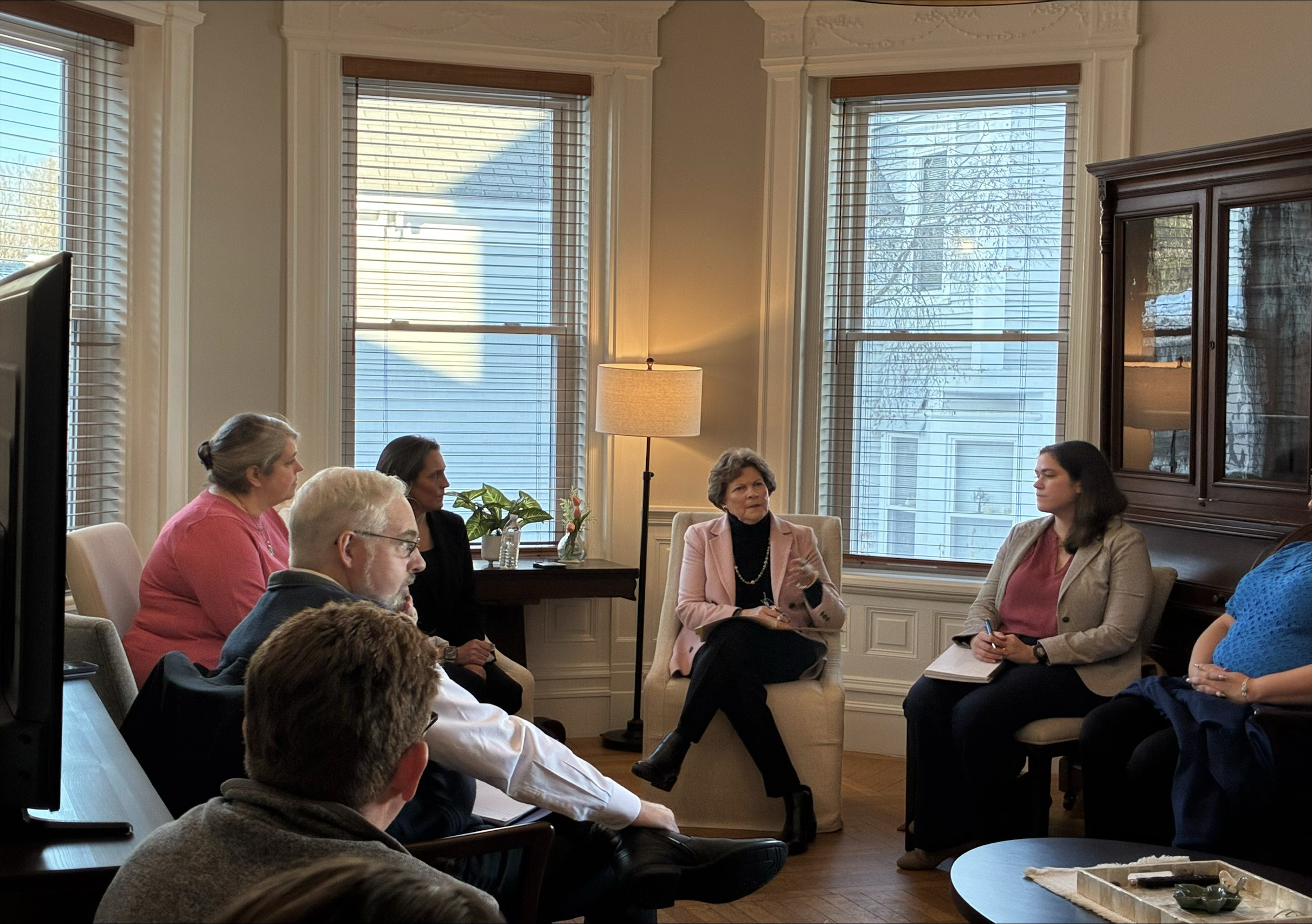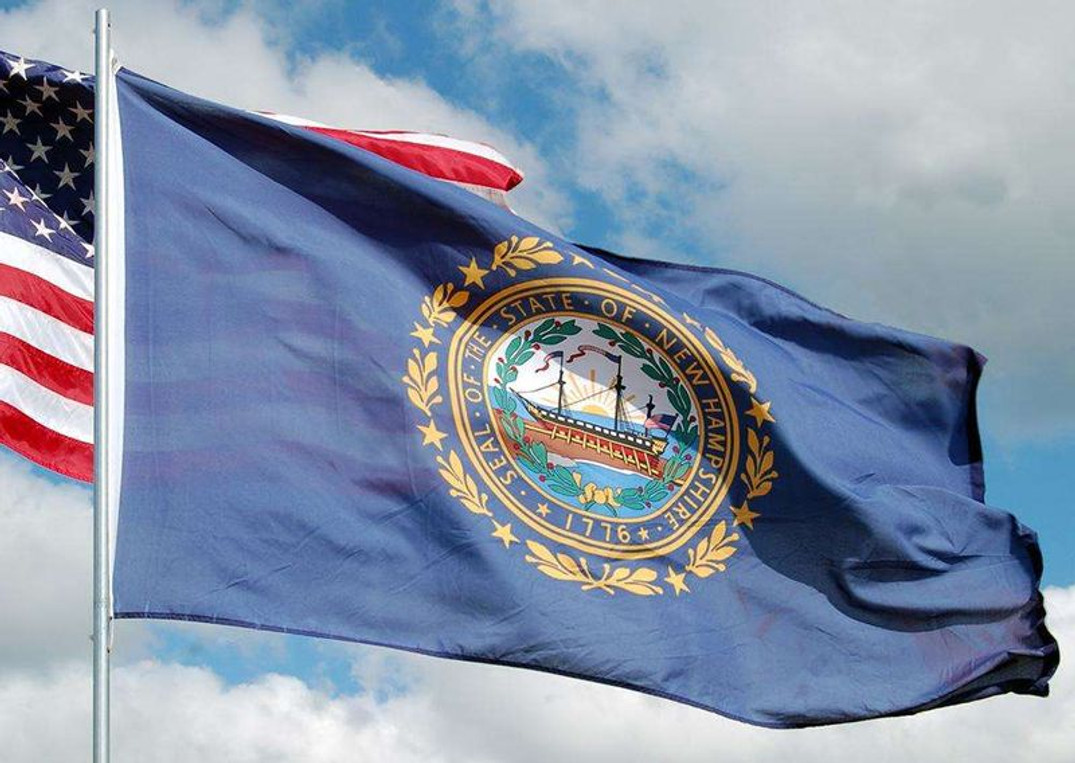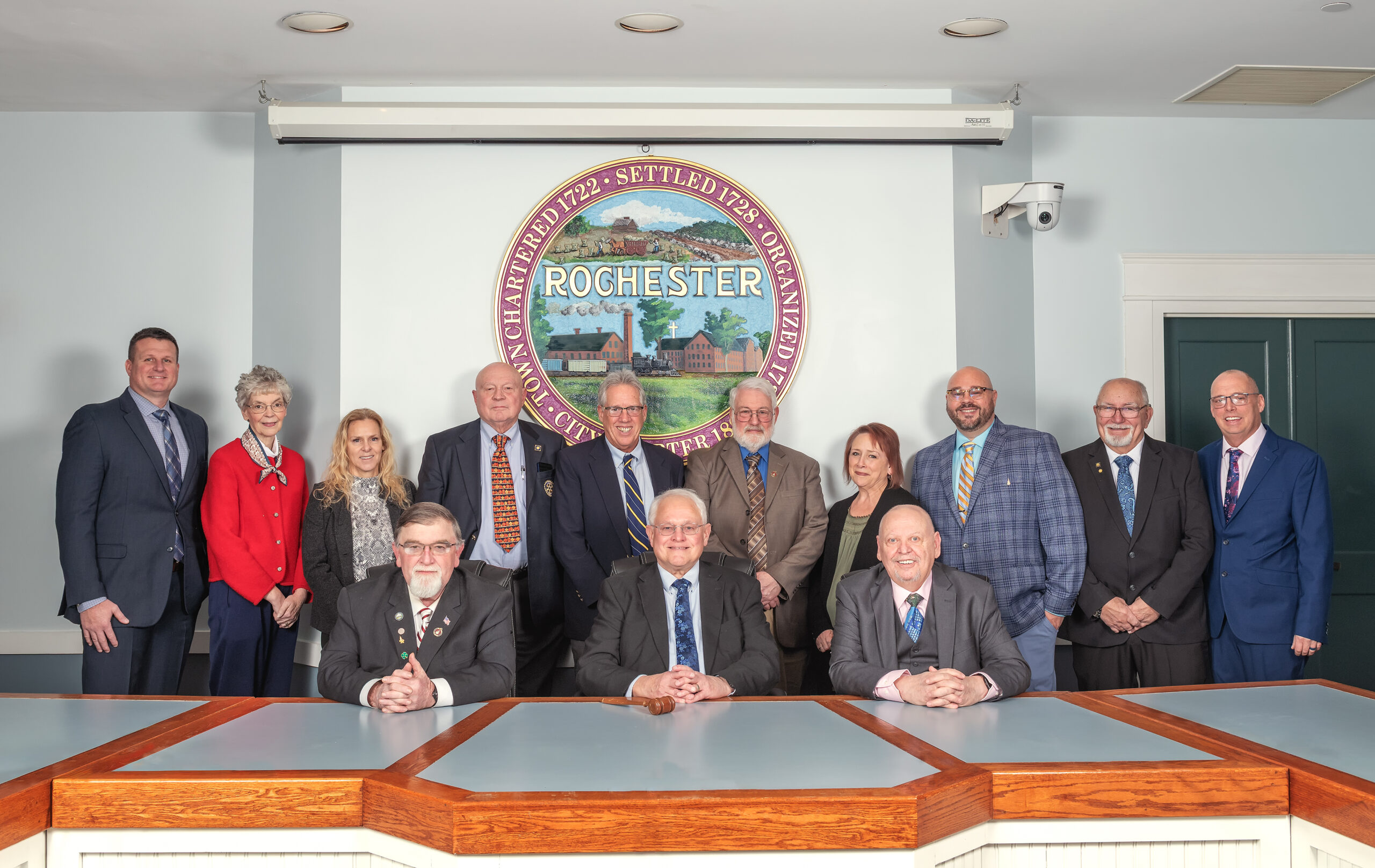Attorney General John M. Formella announces that he along with a bipartisan coalition of his fellow state attorneys general, and the United States Department of Justice are proposing a robust package of remedies to end Google’s unlawful monopoly over internet search engines and to restore competition to benefit consumers.
“This proposal marks an important step toward restoring fairness and competition in the digital marketplace. For too long, Google has wielded its monopoly power to stifle innovation and limit consumer choice,” said Attorney General Formella. “As attorneys general, we are committed to ensuring that no company, regardless of its size or influence, can violate the law by illegally dominating a market at the expense of consumers. The remedies being put forward would level the playing field, better protect privacy, and ensure that consumers have more options when it comes to internet search and related services.”
In December of 2020, the New Hampshire Attorney General’s Office joined a bipartisan coalition of 38 state attorneys general in filing a lawsuit alleging that Google illegally maintains its monopoly power over general search engines through anticompetitive contracts and conduct. The multistate lawsuit was a companion to an earlier federal antitrust lawsuit the Justice Department filed in October 2020.
In a landmark decision in August 2024, a D.C. federal district court judge ruled that Google violated federal antitrust laws by illegally maintaining a monopoly in online search and search text ads. At issue now are the remedies the court will impose to end Google’s improper conduct that has stifled competition and harmed consumers, and the steps necessary to restore competition for the benefit of consumers.
The proposed final judgment, or PFJ, filed with the court seeks to end Google’s illegal monopoly and restore competition in several ways. The PFJ ends Google’s search distribution contracts and revenue sharing agreements by prohibiting Google from paying to be the initial default search engine on any phone, device, or browser. Google is also required to share its data and information—unlawfully obtained through its monopoly power—with rivals to improve the competitive choices available to consumers. This data will be shared in a manner that safeguards personal privacy and security.
Additionally, the PFJ seeks the divestiture of Chrome, the Google browser through which a significant percentage of all Google searches are made. Coupled with that request will be provisions for additional divestitures, including the Android operating system, if Google fails to comply with specific remedies or if the remedies prove ineffective.
Moreover, the PFJ prohibits Google from foreclosing competition or self-preferencing through its ownership or control of other products—including Android. Google cannot make Google Search or Google AI mandatory on Android devices, interfere with rival distribution, degrade rival quality, or leverage distributors to preference Google. Google must also give publishers the ability to opt out of having their data collected by Google for training Google’s AI models or used in Generative AI answers.
The states alone also propose a public education campaign funded by Google to inform consumers what Google did, why it is illegal, and what choices they actually have in search engines. The campaign may include reasonable, short-term payments from Google to users who try non-Google search engines.
The final order establishes a five-member technical committee to implement, monitor, and enforce the remedies for ten years.
A hearing on the proposed remedies is currently scheduled to begin on April 22, 2025, and conclude by May 2.
Plaintiff states include: New Hampshire, Alaska, Arizona, Arkansas, California, Colorado, Connecticut, Delaware, District of Columbia, Florida, Georgia, Guam, Hawaii, Idaho, Illinois, Indiana, Iowa, Kansas, Kentucky, Louisiana, Maine, Maryland, Massachusetts, Michigan, Minnesota, Mississippi, Missouri, Montana, Nebraska, Nevada, New Jersey, New Mexico, New York, North Carolina, North Dakota, Ohio, Oklahoma, Oregon, Pennsylvania, Puerto Rico, Rhode Island, South Carolina, South Dakota, Tennessee, Texas, Utah, Vermont, Virginia, Washington, West Virginia, Wisconsin, and Wyoming.









